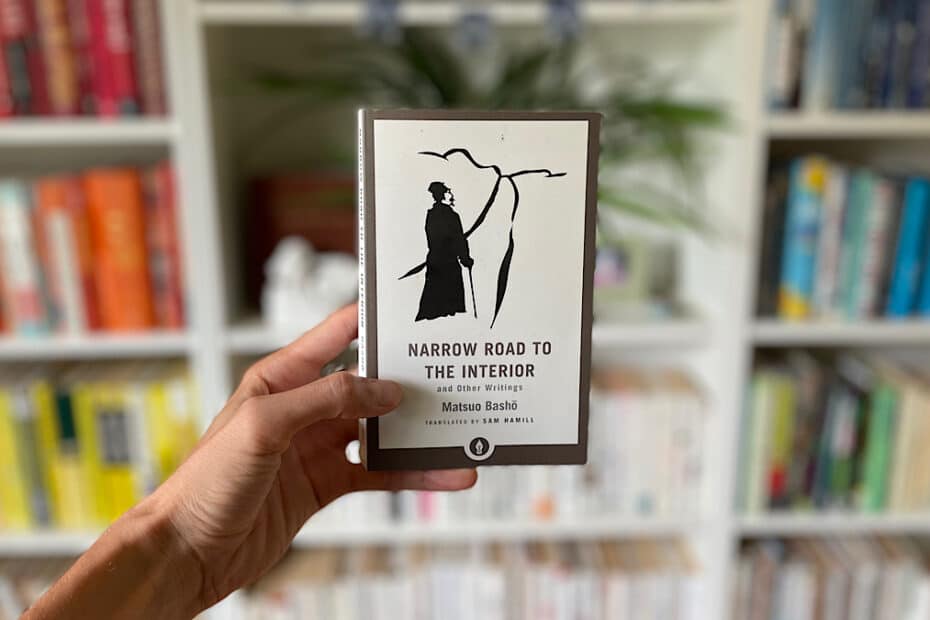19 Quotes from Narrow Road To The Interior on Solitude, Travel, and Poetry
Excerpt: These quotes from Narrow Road To The Interior capture a beauty in what’s seemingly plain that’ll elevate your perspective for better living.
Read More »19 Quotes from Narrow Road To The Interior on Solitude, Travel, and Poetry
